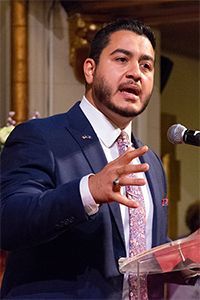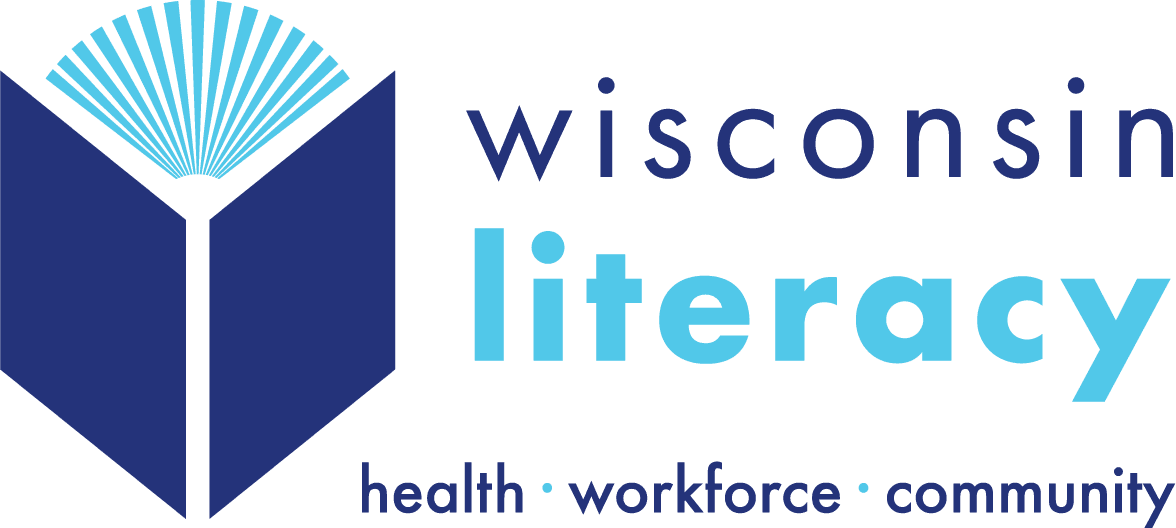What are We Even Talking About: Seven Observations on the Art of Communicating Science

Dr. El-Sayed reflects on his experiences as a physician, scientist, former health commissioner, podcast host, and CNN commentator to share key insights about the challenges and opportunities of science communication as they apply to the pandemic.
Some insights include:
- Science is not a body of knowledge, it’s a process—and sharing that process is critical to engaging with vaccine hesitant people.
- Narrative is how people instinctively make sense of the word. Bring data, but don’t forget to tell the story of that data.
- Communicators have to be thoughtful about their audience—and understand that their audience may have different values and beliefs.
- People are a lot more likely to listen to us when they understand why we care, not just what we care about.
At 30, Dr. El-Sayed served as Detroit’s Health Commissioner, making him the youngest health official in a major American City ever. As Health Commissioner, he rebuilt Detroit’s Health Department post-privatization during the city’s municipal bankruptcy. He led the Department to multiply city funding for public health tenfold, attract millions of dollars in grants, and become a national leader in public health innovation. Prior to his work in public service, Dr. El-Sayed was a tenure-track faculty member at Columbia University’s Department of Epidemiology; Director of the Columbia University Systems Science Program; and co-Director of Global Research for Population Health. He graduated with Highest Distinction from the University of Michigan. He holds a Doctorate in Public Health from Oxford University, where he was a Rhodes Scholar, as well as an MD from Columbia University.

